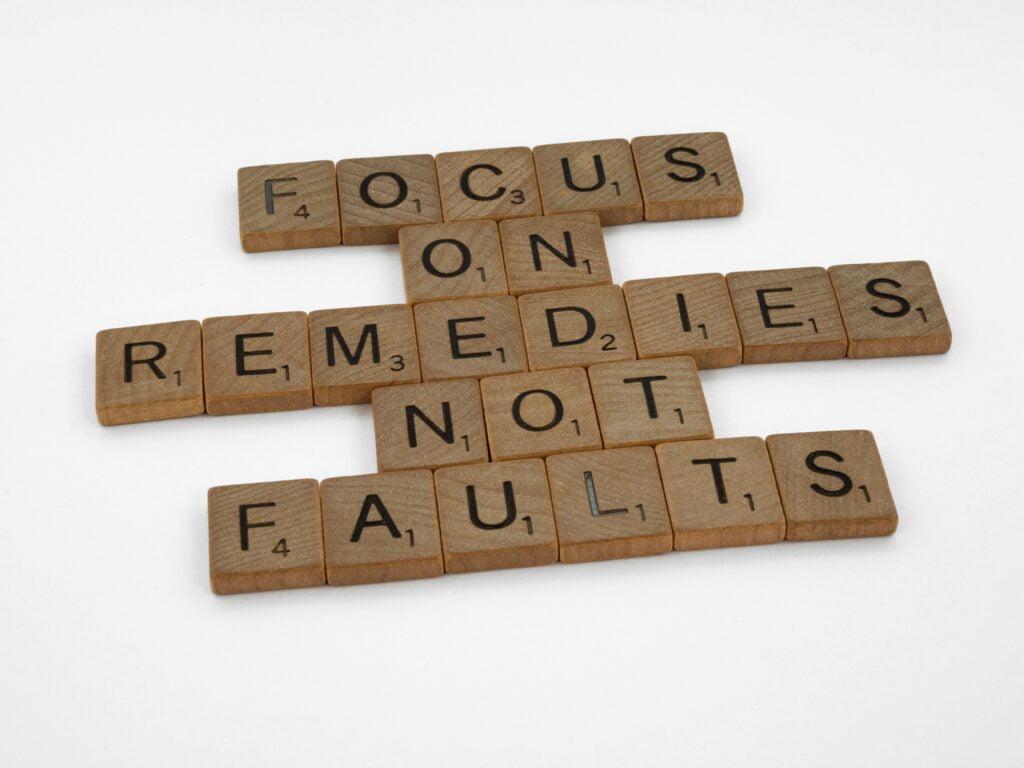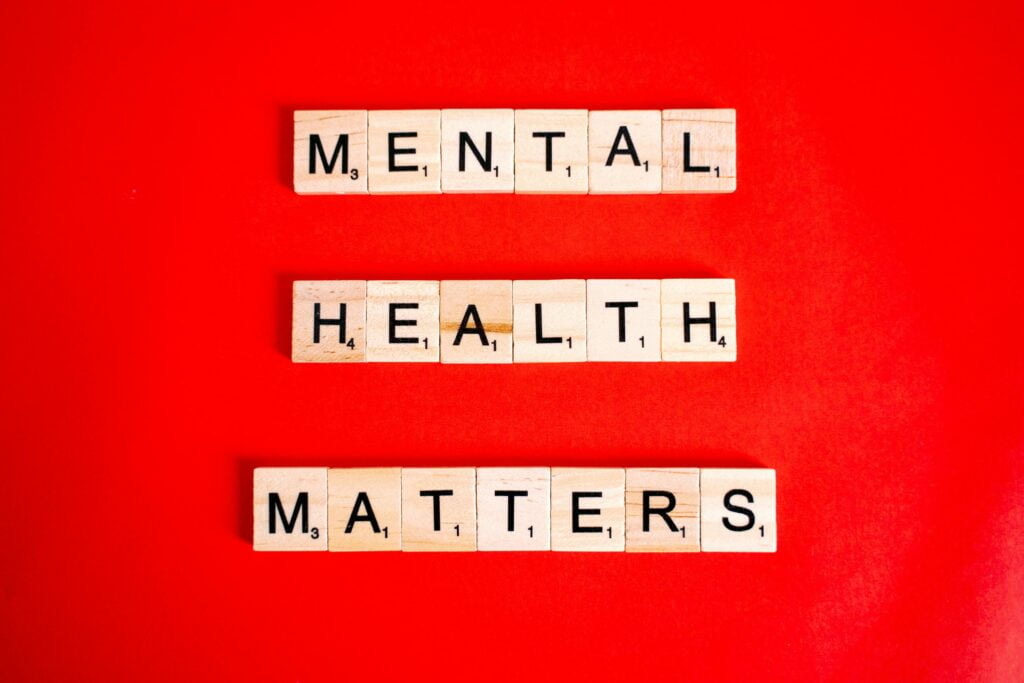Understanding and Coping with the Stressful Journey of Life
Life is an intricate journey, filled with twists, turns, and unexpected challenges that often leave us feeling overwhelmed and stressed. From the pressures of work and finances to the complexities of relationships and personal struggles, it’s no wonder that tension has become a prevalent issue in today’s society. In this article, we’ll delve into the reasons behind mental pressure, explore its symptoms, offer practical solutions, and highlight some intriguing facts to help you navigate through life’s stressful moments.
Reasons for Stress
| Reasons | Description |
|---|---|
| Work-related Pressure | The demands of the modern workplace, including tight deadlines, long hours, and interpersonal conflicts, can significantly contribute to mental pressure. Pressure to perform, fear of job loss, and lack of work-life balance further exacerbate this issue. |
| Financial Pressures | Money concerns, such as debt, unexpected expenses, or living paycheck to paycheck, can trigger immense mental pressure. The constant worry about making ends meet and providing for oneself and loved ones can take a toll on mental well-being. |
| Relationship Struggles | Difficulties in relationships, whether with partners, family members, or friends, can cause emotional turmoil and tension. Conflicts, communication breakdowns, and feelings of isolation or rejection can all contribute to this type of burden. |
| Health Challenges | Dealing with health issues, whether physical or mental, can be incredibly stressful. Chronic illnesses, injuries, or concerns about one’s health or that of loved ones can lead to anxiety and uncertainty about the future. |
| Life Transitions | Major life changes, such as moving to a new city, changing careers, getting married, or becoming a parent, can bring about worries due to the inherent uncertainties and adjustments involved. Even positive transitions can be accompanied by tension as individuals navigate unfamiliar territory and adapt to new roles and responsibilities. |
Symptoms of Stress
| Symptoms | Description |
|---|---|
| Physical Symptoms | Emotional pressure often manifests itself physically, leading to symptoms such as headaches, muscle tension, fatigue, and gastrointestinal issues. These physical manifestations can result from the body’s natural response to anxiety, including the release of stress hormones like cortisol and adrenaline, which can have widespread effects on various bodily systems. |
| Emotional Symptoms | Emotional symptoms of tension may include feelings of anxiety, irritability, sadness, or anger. Individuals experiencing mental tension may also have difficulty concentrating, making decisions, or controlling their emotions. Additionally, tension can lead to a sense of overwhelm or a constant feeling of being on edge, making it challenging to relax and unwind. |
| Cognitive Symptoms | Tension or worries can impact cognitive function, affecting memory, concentration, and decision-making abilities. Individuals under significant burden may find themselves forgetful or easily distracted, leading to decreased productivity and difficulty completing tasks. Moreover, tension can cloud judgement and impair problem-solving skills, further exacerbating feelings of frustration and helplessness. |
| Behavioral Symptoms | Behavioral changes often accompany tension and worries, such as changes in appetite, sleep disturbances, or increased use of substances like alcohol or drugs as coping mechanisms. Some individuals may withdraw from social activities or responsibilities, while others may become more agitated or restless. Additionally, mental pressure can contribute to unhealthy habits like overeating or smoking, further impacting overall well-being and exacerbating stress levels. |
| Interpersonal Symptoms | Mental pressure or tension can strain relationships, leading to conflicts, communication breakdowns, or withdrawal from social interactions. Individuals experiencing tension may become more sensitive or reactive in their interactions with others, leading to misunderstandings or arguments. Moreover, tension can diminish empathy and compassion, making it challenging to connect with others on an emotional level and worsening feelings of isolation or loneliness. |
Solutions to Combat Stress
| Solutions | Description |
|---|---|
| Stress Management Techniques | Engaging in stress management techniques such as deep breathing, meditation, or mindfulness can help alleviate tension by promoting relaxation and reducing the body’s physiological response to mental nervousness. These practices can also improve emotional regulation and enhance resilience in the face of challenges. Additionally, regular exercise, adequate sleep, and a healthy diet are essential components of stress management, as they support overall well-being and provide outlets for releasing tension and pent-up energy. |
| Time Management | Effective time management can help individuals prioritize tasks, set realistic goals, and establish boundaries to prevent feeling overwhelmed by excessive commitments or responsibilities. Techniques such as creating to-do lists, breaking tasks into manageable chunks, and scheduling regular breaks can improve productivity and reduce tension levels by promoting a sense of control and accomplishment. Moreover, learning to delegate tasks and say no when necessary can prevent overextending oneself and preserve energy for activities that truly matter. |
| Seeking Support | Seeking support from friends, family members, or mental health professionals can provide valuable perspective, encouragement, and practical assistance during times of tension and worries. Opening up to trusted individuals about one’s feelings and experiences can foster connection and validation, reducing feelings of isolation and loneliness. Additionally, therapy or counselling can provide individuals with coping strategies, problem-solving skills, and a safe space to explore and process emotions, leading to greater resilience and improved mental health outcomes. |
| Lifestyle Changes | Making positive lifestyle changes, such as adopting a balanced diet, incorporating regular exercise into one’s routine, and practicing good sleep hygiene, can have a profound impact on overall tension levels and well-being. Avoiding excessive caffeine, alcohol, and nicotine consumption can also help regulate mood and reduce physiological arousal associated with mental pressure and tension. Moreover, engaging in hobbies, creative pursuits, or relaxation techniques can provide enjoyable outlets for stress relief and promote a sense of fulfillment and satisfaction outside of work or other obligations. |
| Setting Healthy Boundaries | Establishing healthy boundaries in relationships, both personally and professionally, is crucial for protecting one’s mental and emotional well-being. This may involve communicating clearly about one’s needs and limitations, asserting oneself when necessary, and learning to say no without guilt or hesitation. Setting boundaries helps individuals maintain autonomy, preserve energy, and cultivate healthy relationships based on mutual respect and understanding. Additionally, setting aside time for self-care and leisure activities can prevent burnout and replenish depleted resources, leading to greater resilience and balance in life. |
Facts About Stress
| Facts | Description |
|---|---|
| Tension is a Normal Response to Threat or Pressure | Tension is the body’s natural response to perceived threats or pressures, triggering the release of stress hormones like cortisol and adrenaline. While acute tension can be beneficial in helping individuals respond to immediate challenges, chronic stress can have detrimental effects on physical and mental health over time. |
| Mental Pressure Can Impact Physical Health | Chronic mental health disorders has been linked to a variety of physical health problems, including cardiovascular disease, gastrointestinal disorders, and weakened immune function. Prolonged activation of the body’s stress response can contribute to inflammation, high blood pressure, and increased risk of developing chronic conditions. Moreover, tension can exacerbate existing health issues and delay the healing process, highlighting the importance of managing tension effectively for overall well-being. |
| Tension Can Affect Mental Health | Mental health disorders such as anxiety, depression, and post-traumatic stress disorder (PTSD) are closely linked to mental problems. Chronic tension can exacerbate the symptoms of these conditions and increase the risk of developing them. Additionally, tension can impair cognitive function, leading to difficulties with memory, concentration, and decision-making. Seeking timely support and implementing healthy coping strategies are essential for maintaining mental health in the face of stressors. |
| Mental Pressure Can Impact Relationships | Stress can strain relationships by contributing to communication breakdowns, conflicts, and emotional distance between individuals. Partners, family members, and friends may experience tension or misunderstandings when under worries, leading to further strain on interpersonal dynamics. Learning to communicate effectively, show empathy, and support one another during times of mental sickness can strengthen relationships and foster greater resilience as a unit. |
| Tension Can be Managed with Healthy Coping Strategies | While tension is an inevitable part of life, it can be managed effectively with the right coping strategies and support systems in place. Engaging in relaxation techniques, seeking social support, and maintaining a healthy lifestyle are all effective ways to reduce tension levels and build resilience. By prioritizing self-care and adopting a proactive approach to stress management, individuals can navigate life’s challenges with greater ease and maintain overall well-being. |
In conclusion
Navigating life’s journey can often feel like traversing a tumultuous sea, fraught with waves of anxiety and uncertainty. However, by understanding the reasons behind tension and mental pressure, recognizing its symptoms, implementing practical solutions, and acknowledging key facts, individuals can equip themselves with the tools and knowledge necessary to weather life’s storms with resilience and grace. Remember, while stress may be an inevitable part of the human experience, it does not define our journey. With courage, perseverance, and a dash of self-compassion, we can navigate life’s challenges and emerge stronger on the other side.
A Comprehensive Guide to Mental Health Disorders in 2023
Unlocking the Power of a Healthy Mind: Essential Strategies in 2023






1 thought on “Navigating Life’s Storms: Stress Management Techniques”